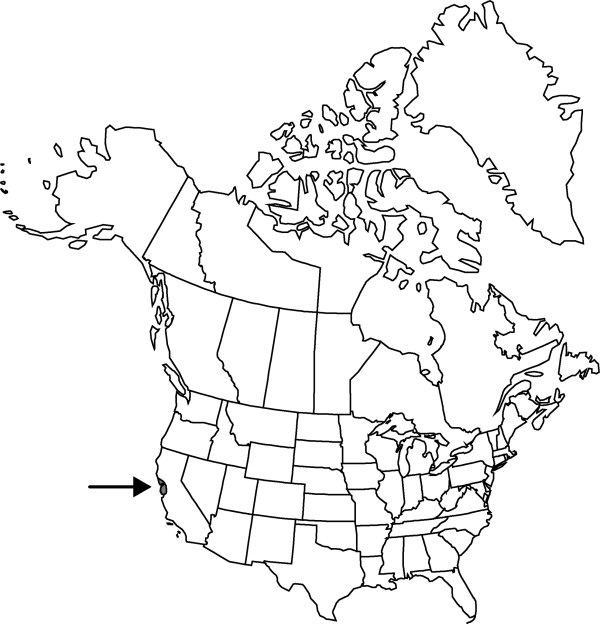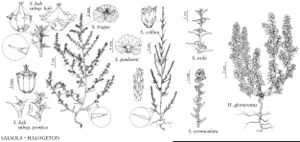Difference between revisions of "Salsola soda"
Sp. Pl. 1: 233. 1753.
FNA>Volume Importer |
FNA>Volume Importer |
||
| Line 32: | Line 32: | ||
-->{{#Taxon: | -->{{#Taxon: | ||
name=Salsola soda | name=Salsola soda | ||
| − | |||
|authority=Linnaeus | |authority=Linnaeus | ||
|rank=species | |rank=species | ||
| Line 48: | Line 47: | ||
|publication year=1753 | |publication year=1753 | ||
|special status= | |special status= | ||
| − | |source xml=https://jpend@bitbucket.org/aafc-mbb/fna-data-curation.git/src/ | + | |source xml=https://jpend@bitbucket.org/aafc-mbb/fna-data-curation.git/src/f50eec43f223ca0e34566be0b046453a0960e173/coarse_grained_fna_xml/V4/V4_795.xml |
|genus=Salsola | |genus=Salsola | ||
|species=Salsola soda | |species=Salsola soda | ||
Revision as of 21:43, 16 December 2019
Herbs, 5–70 cm, glabrous. Stems erect or ascending, branched from base or nearly so; branches straight or slightly arcuate (proximal ones sometimes almost prostrate). Leaves (especially proximal ones) mostly opposite; blade linear, usually more than 1.5 mm wide in herbarium specimens, fleshy, distinctly swollen or ovate at base, apex mucronulate, not spinose. Inflorescences distinctly interrupted, 1-flowered; bracts alternate or almost opposite, not imbricate, horizontally reflexed at maturity, swollen at base, abruptly narrowing into mucronulate nonspinose apex. Flowers: bracteoles distinct, not adnate to perianth segments; perianth segments wingless or with rudimental triangular tubercles at maturity, margins crenate or pectinate-ciliate apically, glabrous; fruiting perianth ca. 3–6(–7) mm diam. 2n = 18.
Phenology: Flowering spring–summer.
Habitat: Coastal and disturbed saline habitats
Elevation: 0-50 m
Distribution

Calif., Eurasia, n Africa, introduced in South America.
Discussion
Salsola soda can be expected to spread in California, or to appear in inland or coastal saline habitats in southern states.
Selected References
None.
